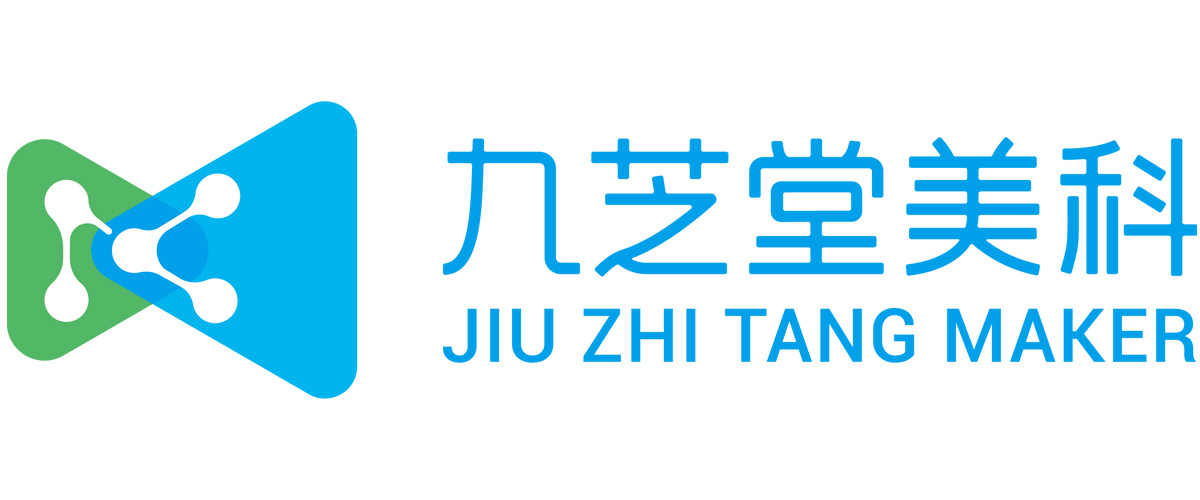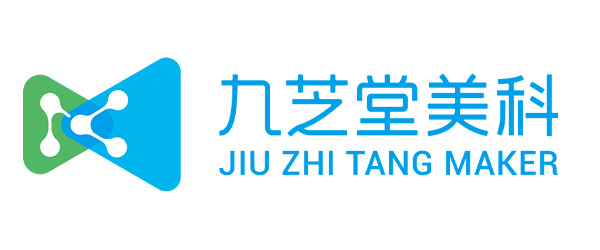Details
Chronic heart failure lies in the end stage of development of many cardiovascular diseases. Problems such as coronary heart disease, hypertensive heart disease and cardiomyopathy may all eventually develop into chronic heart failure, when cardiac function is seriously impaired with structural changes. As the heart is unable to pump enough blood supply to organs and meet metabolic needs at this time, a number of precarious complications may follow with a high mortality rate.
According to statistics, current incidence rates of chronic heart failure among people aged 25-75 and over 80 are 3% and 10% respectively. There are 22.5 million chronic heart failure patients worldwide, and the number is growing at a speed of 2 million more patients annually. At present, the number of heart failure patients has reached 4 million in China, and those suffering from hypertension are as many as 100 million. Deaths caused by cardiovascular diseases account for more than 40% of deaths of residents, which is higher than tumor and other diseases. In addition to relieving symptoms by cardiotonic, diuretic and vasodilation means as well as inhibition of neuroendocrine hyperactivation, the major therapy for heart failure remains to be surgery. However, risk posed by heart operations is high, and drugs with real curative effect are very few.
In August 2016, CardioCell (a shareholding company of Stemedica) announced positive results obtained in its clinical trials for treatment of chronic heart failure with ischemia tolerant human mesenchymal stem cells (it-hMSCs) manufactured by Stemedica at the European Society of Cardiology Congress. This phase IIa study explored the safety and efficacy of intravenously administered it-hMSCs for treatment of chronic heart failure based on the immunomodulatory effects produced by stem cells and the systemic anti-inflammatory role played by stem cell factors.
The study demonstrated:
1.Intravenous injection is safe and well tolerated.
2.Intravenously infused itMSCs improved the following clinical efficacy indicators: 6-minute walk test (P = 0.02), KCCQ clinical summary score (P = 0.02); reduction in natural killing cells was statistically significant; left ventricular ejection fraction (LVEF) was also improved. None of the above improvement indicators were observed in the placebo group.
Results of this study are important as they show itMSCs therapy may become a more practical option for patients with heart failure, opening up possibilities of innovating stem cell therapies in the future.




